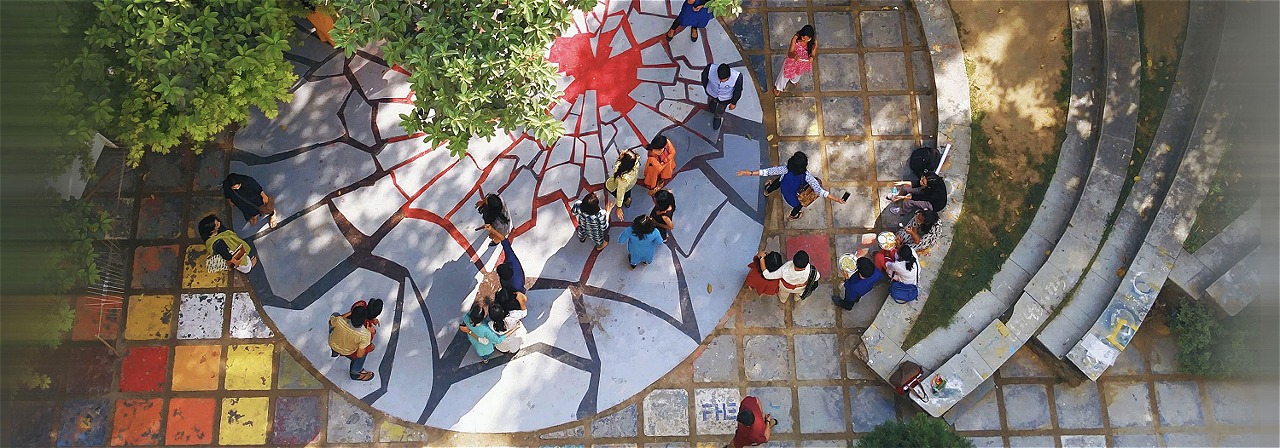Being one of the pioneering institutions of the country in the fields of planning and architecture, the School of Planning and Architecture Delhi took the lead in establishing the first ever Bachelor of Planning programme in the country in 1989. The undergraduate programme was established to fulfil the need for a generalist planner who could comprehend cities and regions through a broader and all- encompassing lens. The programme today has wide recognition in the academia as well as the industry as one of the premier undergraduate courses in Planning.
Planning as an important local and state government function is highly dynamic. The process of globalisation and the associated economic, urban and governance reforms, technological advancements in ICT, AI, Big Data, among others have changed perspectives on concepts, methods, tools deployed in planning and management of cities and regions. Further, the current millennium has impressed upon us more than ever the significance of sustainable and equitable communities, societies and settlements. These challenges place increasing demands on planners to be more responsible towards the planet, making their task a very complex one indeed.
Over the last three decades since its inception, the programme has evolved significantly in consonance with the challenges of these ever-dynamic global and local contexts that influence and shape human settlements. It has also focused significantly on equipping students with the latest technological trends and tools.
This four year course trains students in multifarious and cross-cutting aspects vital to understanding planning in a comprehensive, holistic and responsible manner. Students learn to analyse physical, social, economic and political aspects and their inter-relations while planning for societies and settlements. The programme is divided into eight semesters with a specific focus designed for each year. A balanced mix of eight studios and field-based exercises, around forty theory subjects from wide range of disciplines and two internships of six weeks duration each makes it a multidisciplinary and comprehensive programme in the field of human settlements planning. Focussing on spaces, people and activities, students undertake preparation of layout plans, zonal plans, master plans and regional plans as well as functional plans. In the eighth semester, students pursue independent research work.
The studios build the core foundation in the application of planning principles and tools along with skills in data collection, analysis and interpretation, mapping. The curriculum pedagogy endeavours to guide students on journey to become self-aware and responsive professional. In addition to technical skills, the programme also imparts other professional skills like team work, problem solving as well as visual and verbal communication skills.
Key objectives of the programme are:
- to create an awareness of the context in which planning operates;
- to impart knowledge towards creating safe and just society with specific focus on policies related to land, its allocation, implementation mechanisms and related aspects;
- to develop understanding of long term implications of planning decisions;
- to develop competence to apply knowledge at different levels in a wide range of situations with an objective to achieve planned development;
- to develop sensitivity towards diversity and conflicting interests in planning.



